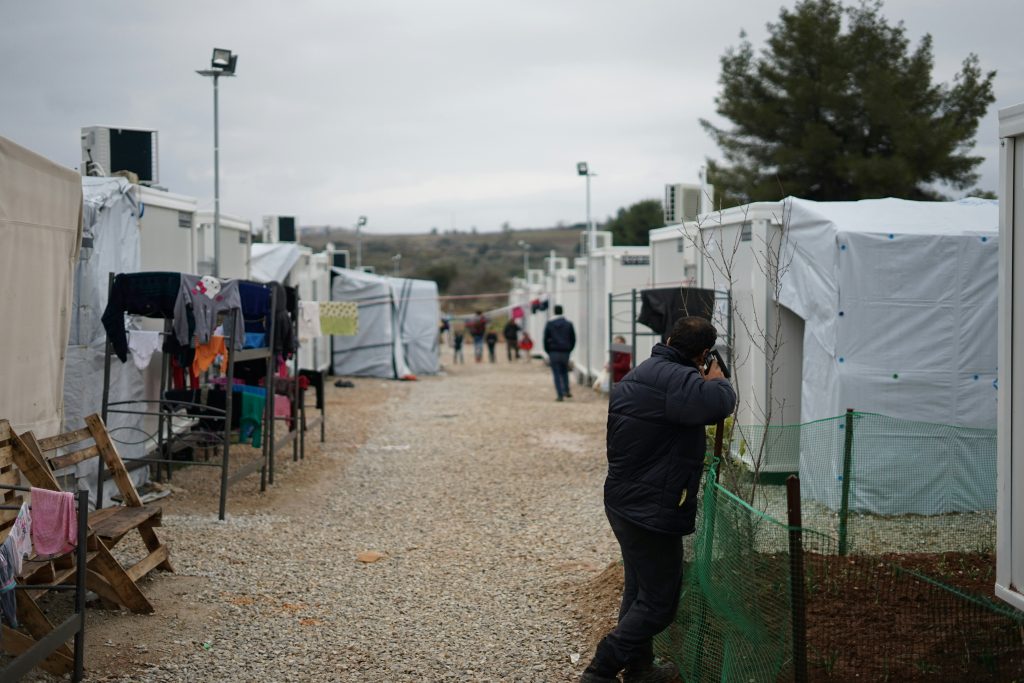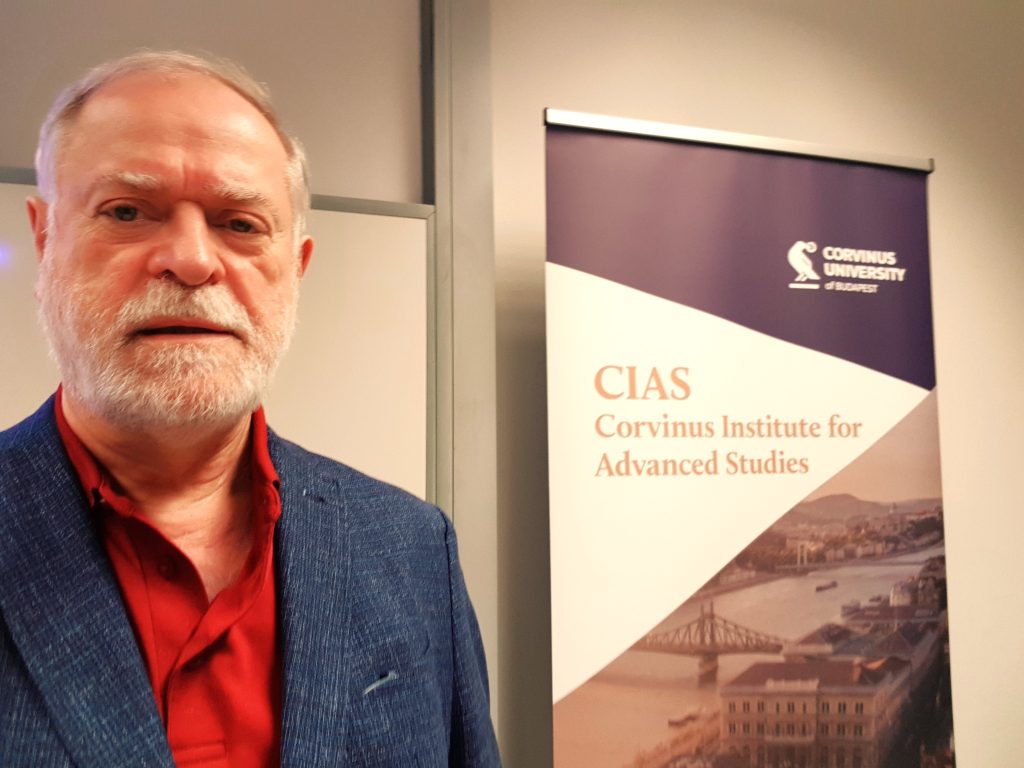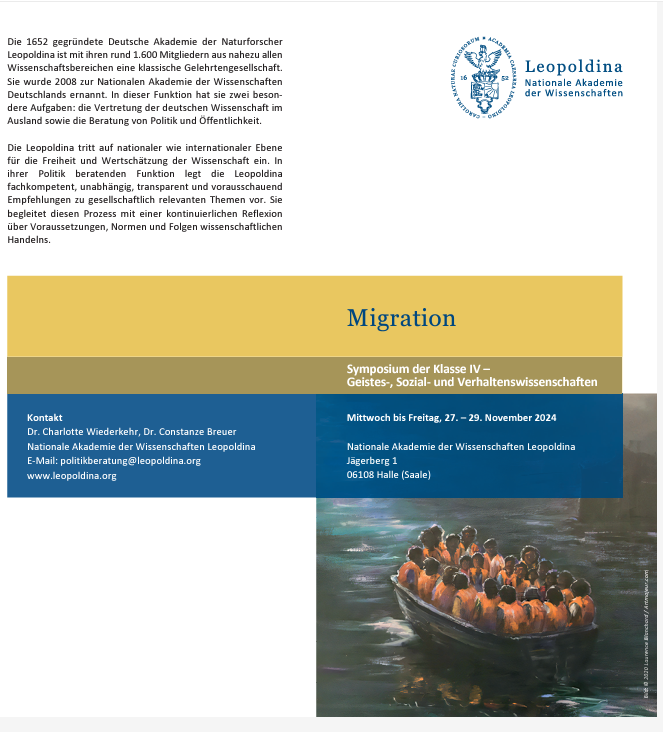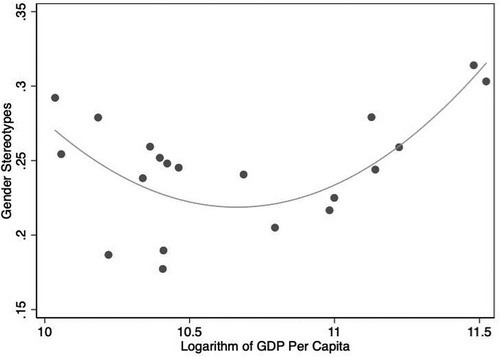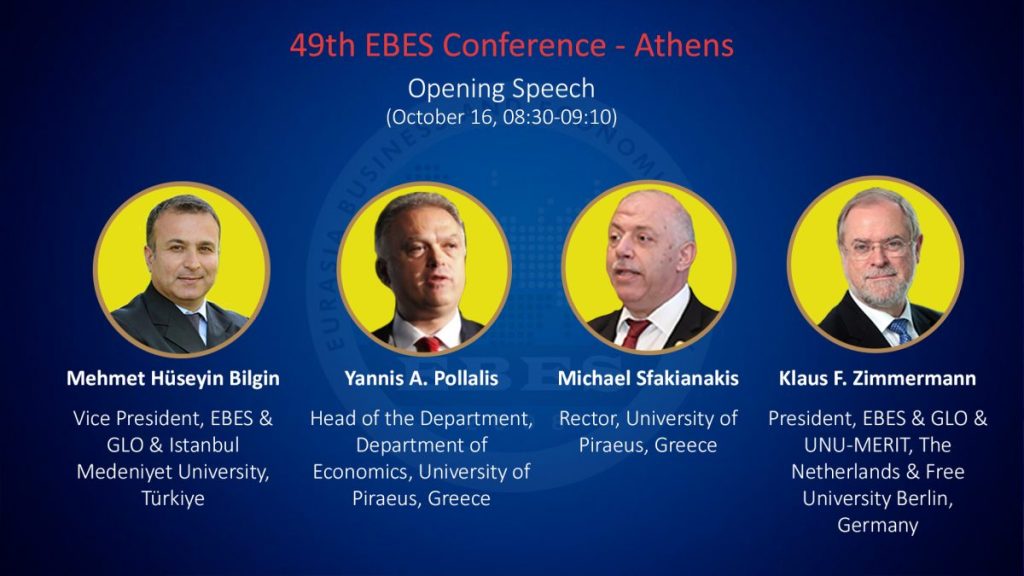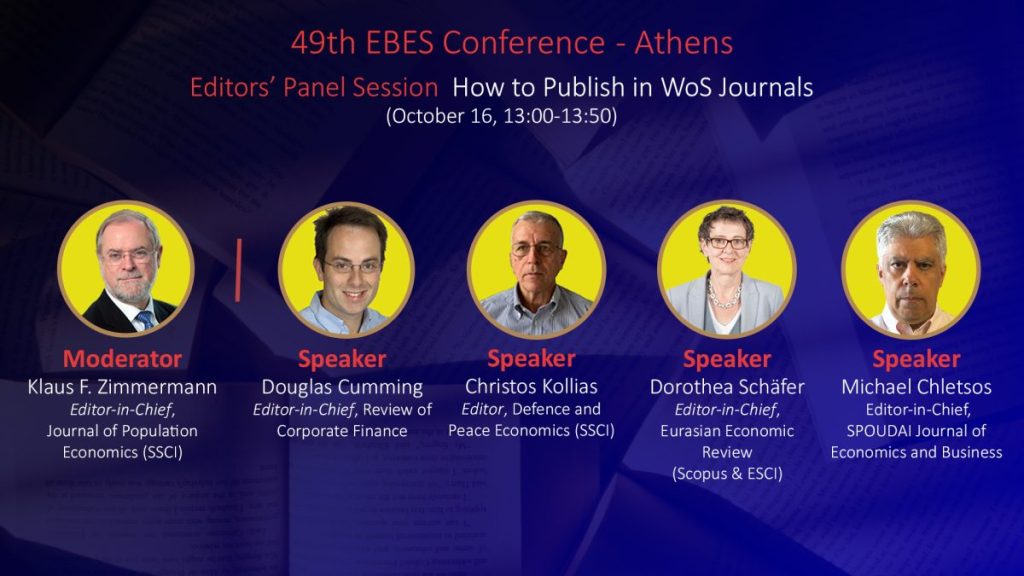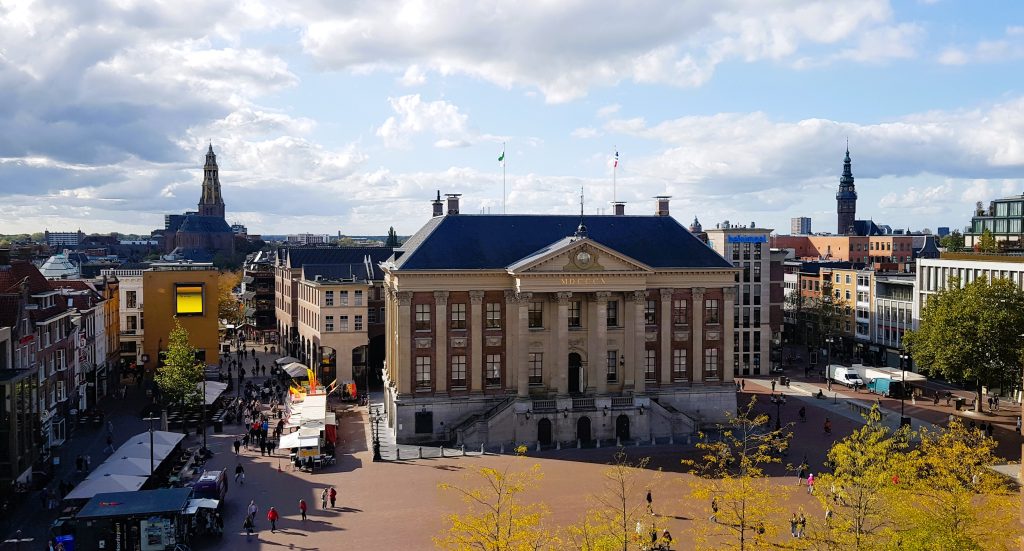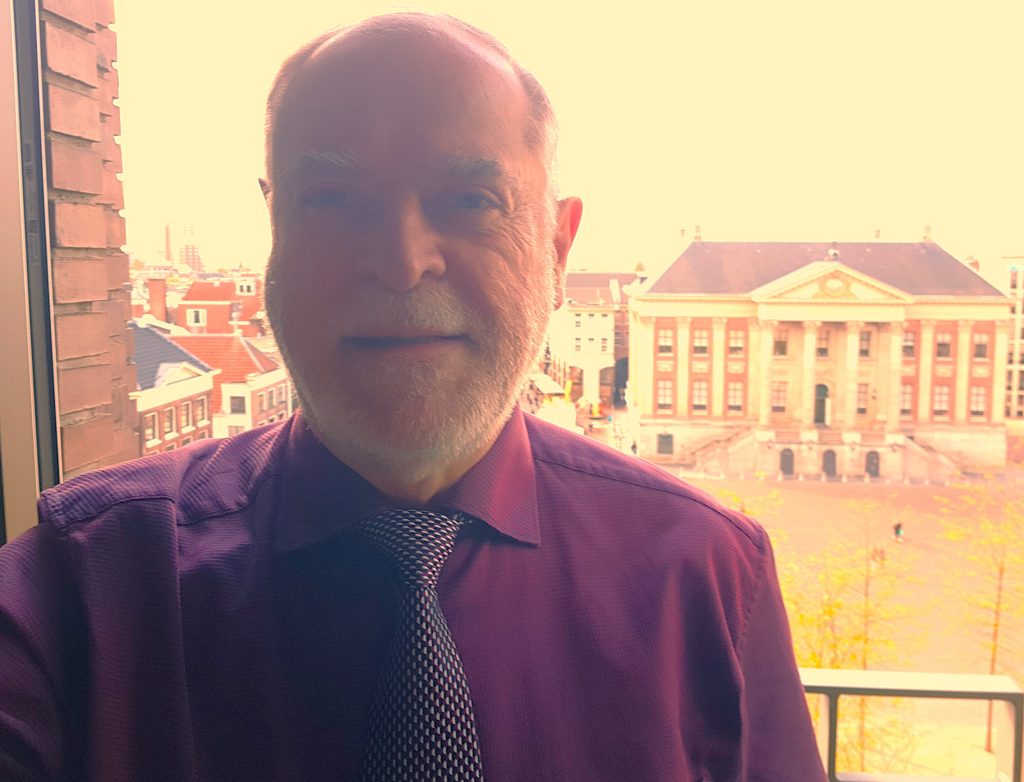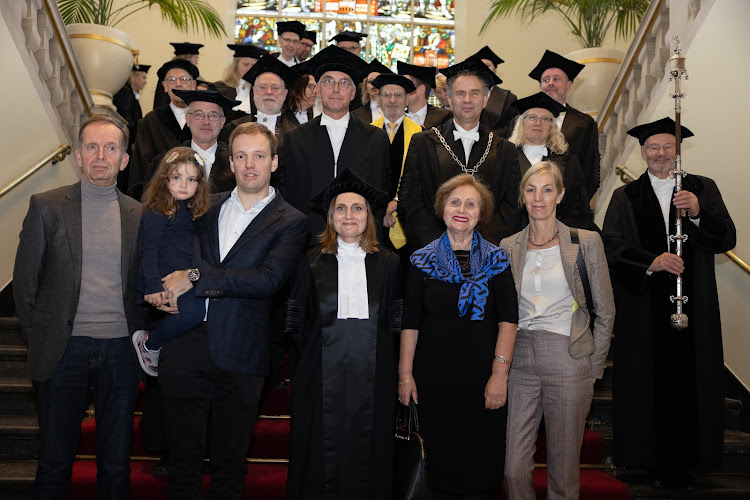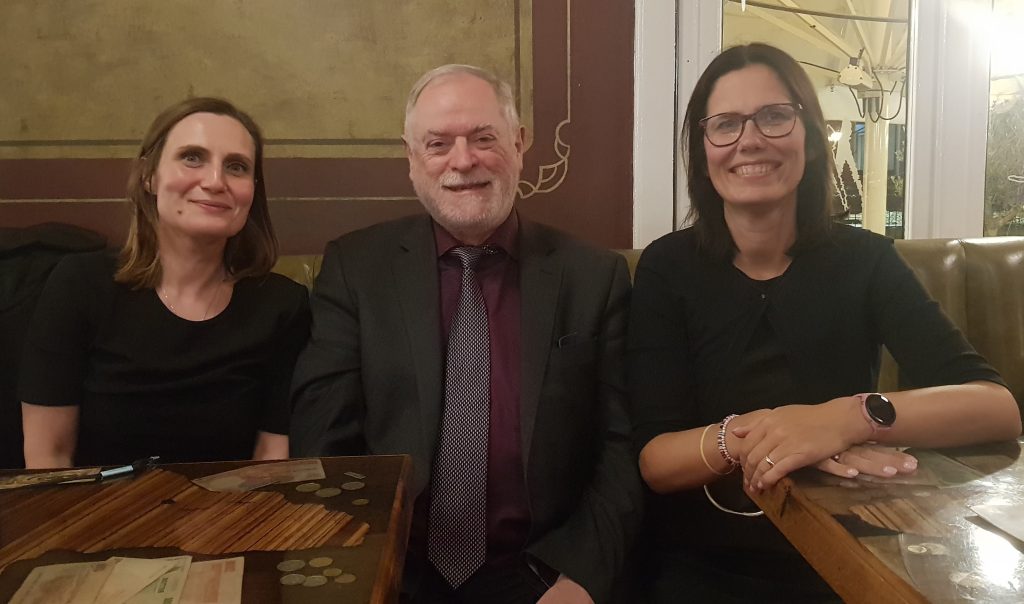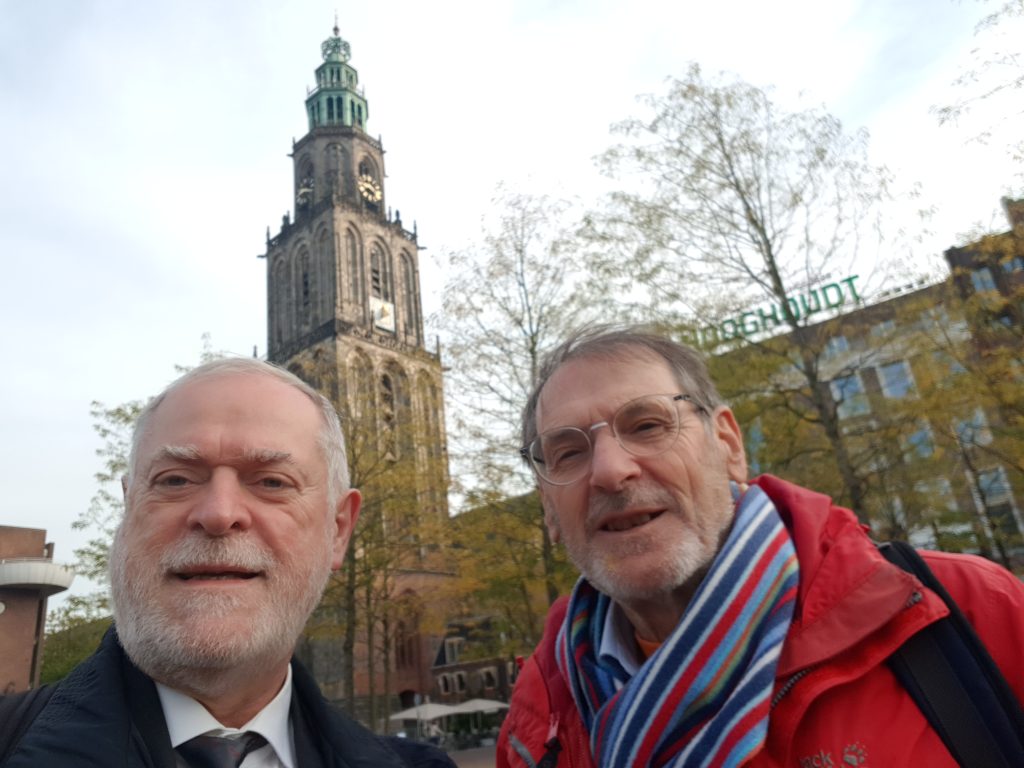Die “Zuwanderungsfrage” war ein zentrales Thema des Bundestagswahlkampfes in Deutschland. Am 23. 2. 2025 wird das Parlament neu gewählt. Das Land wird mit vielen Versprechungen konfrontiert, die teilweise auf Fehleinschätzungen beruhen. Regierungsbildung und Programmatik werden etwas Zeit brauchen. Wie kommen wir aus der Sackgasse? Kann das Deutschland alleine machen? Jede neue Regierung sollte “einfach nur einen guten Job machen”! Wo sind die vielversprechenden Ansätze?
- Unerfüllbare Versprechen unterlassen.
- Flexible internationale Arbeits- und Ausbildungsmigration zulassen.
- Konsequente, erhebliche Beschleunigung der Asylverfahren und möglichst frühzeitige Arbeitserlaubnis für alle Asylbewerber.
- Illegale Asylbewerber an den europäischen Außengrenzen und durch Verträge mit zentralen Sende- oder Durchwanderungsländern stoppen.
- Wer sich wirtschaftlich und sozial integriert, muss bleiben können.
- Europa wird gebraucht.
Vollmundige Versprechen und Politikverdrossenheit
Die Migrationspolitik ist allemal für vollmundige Versprechen gut. Da werden “die Grenzen geschlossen”, “alle Flüchtlinge nach Hause geschickt” oder “alle neuen Asylverfahren gestoppt”. Nach einem nüchternen Faktencheck erweisen sich solche Reaktionen als leichtfertig, voreilig oder für die eigenen Interessen als schädlich. Das kurzfristige Bauchgefühl einer scheinbaren Problemlösung weicht langfristig der Erkenntnis, dass sich nichts tatsächlich bewegt.
Dann ist Frustration und Politikverdrossenheit die unvermeidbare Folge. Über die Jahre haben die Bürgerinnen und Bürger in Deutschland dieses Politiktheater wieder und wieder verfolgt. Die Diskussionen etwa über die deutsche Reaktion auf die kürzlichen politischen Veränderungen in Syrien oder die Zusammenhänge der schrecklichen Gewalttaten von Menschen mit Fluchthintergrund bieten leider vielfältiges Anschauungsmaterial. Die etablierten Parteien sollten sich nicht auf die Vergesslichkeit der Wähler verlassen.
Die Zuwanderungsfrage ist vielschichtig, da sich humanitäre Fragen mit ökonomischen Interessen verwickeln. Ohne Kompass landet man schnell in einer Sackgasse. Wer Fachkräfte braucht, kann nicht ganze ethnische Gruppen vergraulen. Wer Menschen wahllos ausweisen will, bedroht den eigenen Wohlstand durch die wirtschaftliche Nachteile, wie Versorgungsmängel und steigende Preise, die breite Deportationen unvermeidbar verursachen. Wer seine Werte und seine Interessen verrät, kann langfristig angesichts der globalen Herausforderungen als Nation nicht bestehen.
So ist der Wunsch, die richtige Politik zu machen, und sich nicht dabei ablenken zu lassen, sicher ein richtiger Ansatz. Wenn es denn die richtige Politik ist, und nicht nur ein populistischer Reflex, der die unliebsame politische Konkurrenz verdrängen und die nächste Wahl sichern soll. Eine gute Politik löst das Problem nachhaltig. Politik mit dem Kehlkopf statt mit dem Kopf schafft auf Dauer nur Wählerverdruss.
Die Herausforderungen in der Migrationsfrage
Deutschland braucht Arbeitskräfte, qualifizierte wie weniger qualifizierte. Und das nicht nur für den Gesundheitssektor, dem Hotel- und Gastgewerbe sowie bei den technischen Berufen. Unser Land gilt nicht als besonders attraktiv, nicht einmal für Studierende oder Auszubildende an unseren kostenfreien Universitäten und bei der hochgelobten Lehrlingsausbildung. Fachkräfte, die man selbst ausbildet und die dauerhaft bleiben, sind nicht nur angemessen qualifiziert, sie haben sich auch mit Sprachkenntnissen und kultureller Integration etabliert.
Die formalen Hindernisse als Arbeitsmigrant nach Deutschland einzureisen haben sich über die Jahre erheblich reduziert. Dazu hat deutsche Migrationspolitik beigetragen. Trotzdem kommen immer noch nicht genügend Menschen in den deutschen Arbeitsmarkt. Das hat Konsequenzen für Wachstum und Wohlstand. Mitverantwortlich ist das schlechte Image Deutschlands als Einwanderungsland, aber auch ein reguläres Verhalten von Arbeitsmigranten, das neben Zuwanderung eben auch freiwillige Abwanderungen kennt. Ein Großteil arbeitsmarktorientierter Zuwanderer verlässt Deutschland wieder. Um ihr Bleiben muss durch Integrationspolitik gerungen werden. Denn was auf dem Spiel steht ist der Wohlstand und die Versorgung der ganzen in Deutschland lebenden Bevölkerung.
Falsche Signale in der Flüchtlingspolitik können solche Anstrengungen zunichtemachen. Die generelle gesellschaftspolitische Debatte über Zuwanderung erreicht alle Zuwanderungsgruppen. Es ist nicht überraschend, dass sich Flüchtlinge in aller Regel langsamer in den Arbeitsmarkt integrieren. Aber sie tun es, wenn der Arbeitsmarktzugang nach der Asylbewerbung rasch ermöglicht wird und Qualifizierungs- und Integrationsangebote vorhanden sind. Neben der Ukraine war Syrien in den vergangenen Jahren das wichtigste Ursprungsland der Fluchtbewegung nach Deutschland.
Die Realitäten sind: Deutschland (und Europa) altert und schrumpft ohne Zuwanderung, wohingegen die Arbeitsbevölkerung in Afrika und Asien in den nächsten Jahrzehnten massiv weiter ansteigt. Gleichzeitig werden auch die konfliktären Spannungen in diesen geographischen Regionen zunehmen. Es ist wegen des enormen Wachstums der Arbeitskräftepotenziale in Afrika und Asien in den nächsten Jahrzehnten mit einem erheblich größeren Zuwanderungsdruck wirtschaftlicher und fluchtbedingter Art zu rechnen, der allerdings auf ganz Europa lastet.
Neue Prioritäten in der Migrationspolitik
Ja, eine radikale Umkehr in der Migrationspolitik ist nötig. Die gegenwärtige Debatte hat sich allerdings in eine Sachgasse manövriert. Deutschland kann seine Außengrenzen praktisch nicht dauerhaft gegen illegale Zuwanderung schützen. Asylbewerber sind registriert, also irregulär aber nicht illegal. Die richtige Bedrohung entsteht, wenn Zuwanderer illegal in den Untergrund gehen.
Ohne Europa geht nichts: Wer dauerhafte Grenzkontrollen innerhalb der Schengen-Staaten einrichten will, der zerstört den Kern der so wichtigen europäischen Integration. Europa muss migrationspolitisch zukunftssicher gestaltet werden. Europäische Solidarität sollte sich dabei auf die Einrichtung und den Ausbau europäischer Zuwanderungszentren an den europäischen Außengrenzen konzentrieren, in denen zeitnah abschließende Verfahren durchgeführt werden.
Eine faire Verteilung anerkannter Flüchtlinge auf die Mitgliedsstaaten wird Deutschland allerdings weiter fordern. Dafür müssen die Kapazitäten für die notwendigen Anstrengungen zur Vermittlung von Sprachkenntnissen, europäischer Werte und zu einer raschen Integration in den Arbeitsmarkt dauerhaft bereitgestellt werden.
Für die Bewältigung der Arbeitskräftebedarfe zur Sicherung des Wohlstands sowie die effektive Kontrolle des illegalen Zuwanderungsdrucks bedarf es ferner ein effektives, hybrides Vertragssystem mit den wichtigsten Sende – und Transferländern im Mittelmeerraum, in Asien und Afrika. Dabei geht es um die vertragliche Absicherung zirkulärer Arbeitsmigration genauso wie die Verhinderung illegaler Wanderungen und die Rücknahme Zurückgewiesener. Auch für ein solches Vertragssystem braucht Deutschland die europäische Kooperation.
Klaus F. Zimmermann
REFERENCES
Featured image above: Julie Ricard on Unsplash – rTXKkhHgoVM
- Zimmermann, Klaus F. (2025). Migrationspolitik aus der Sackgasse führen. Opinion Piece in Wirtschaftliche Freiheit. Das ordnungspolitische Journal published on 29 January 2025. LINK
- Zimmermann, Klaus F. (2017). Refugee and Migrant Labor Market Integration: Europe in Need of a New Policy Agenda in: Bauböck, R. and Tripkovic, M., The Integration of Migrants and Refugees. An EUI Forum on Migration, Citizenship and Demography, European University Institute, Robert Schuman Centre for Advanced Studies, Florence 2017, pp. 88 – 100.
FURTHER REFERENCES:

